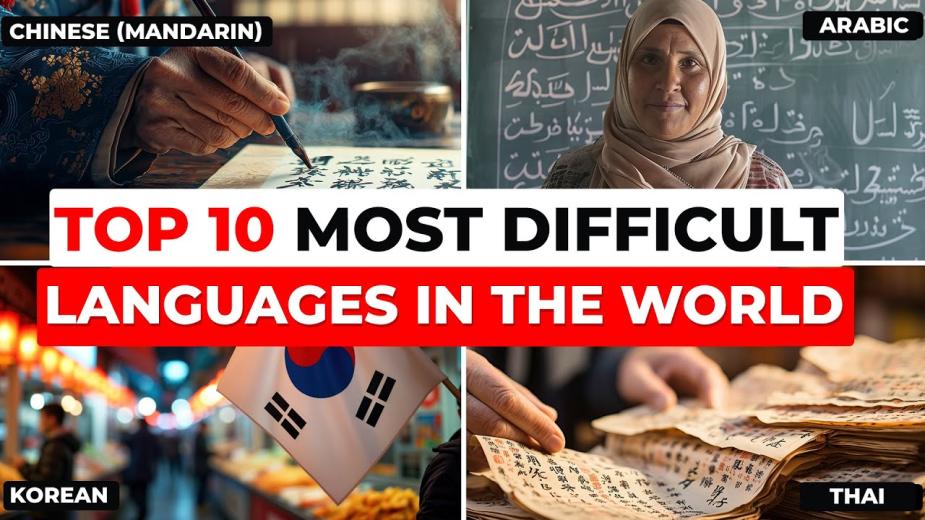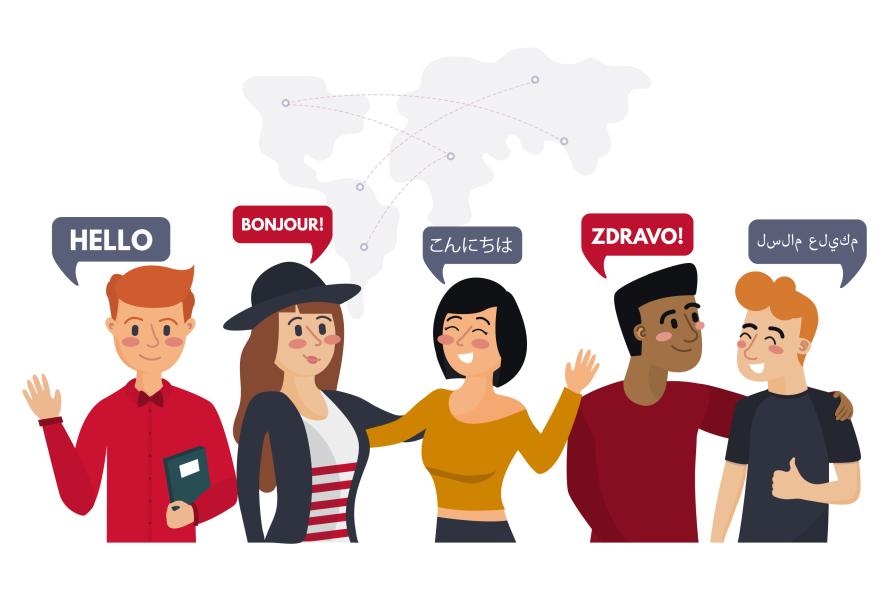Knowledge of a foreign language is not an advantage today, but a necessity. Language skills are required for study, broadening one's horizons, getting a job, building a successful career, traveling, meeting new people and cultures. They open up broad prospects and allow you to implement your plans.
Which languages to learn is a matter of personal preference and career expectations. Some are indispensable for business communication, others will come in handy during a trip around the world, others just sound beautiful. Let's try to figure out which languages will be in demand among specialists in the future.

Arab
Arabic is the language of 25 states, the language of the Koran and one of the official languages of the United Nations.
Chinese
More than one billion people speak Chinese, and its position on the world stage is growing stronger every day. According to experts' forecasts, Chinese will soon be more in demand than English.
English
English is considered a universal language, so it is unlikely to lose its relevance and leave its position.

Korean
Interest in the Korean language is increasing every day: this is due to the high level of development of the country and a stable economy.
Spanish
Spanish is spoken in 58 countries. Many people like it (even purely in sound) and the demand for it will gradually increase. And emigration to Spanish-speaking countries remains one of the easiest.
German
German is one of the main European languages of international communication. Just like English, it will be in demand for a long time.
Portuguese
Today Portuguese is the official language in nine countries, it is the fifth most widely spoken in the world and the most popular in the southern hemisphere of the planet.
A number of experts believe that in the future, languages such as Chinese and Arabic will replace "world" English. And although this is not expected anytime soon, since English is much easier to learn, for many, this prospect is a great incentive to learn a new language.









